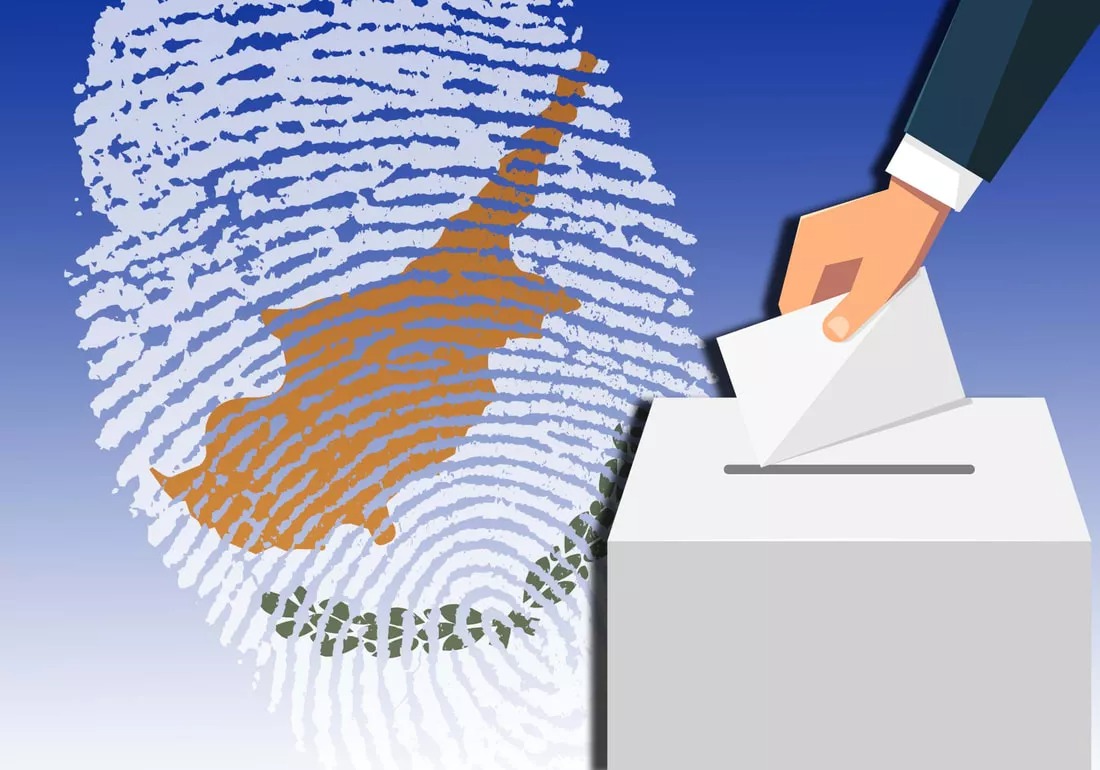As the elections on 9th June approach, this scenario becomes increasingly worrying. The idea of merging two electoral processes is turning into a boomerang for Democracy, the parties, the candidates themselves, and the voters.
Gradually, we all begin to realise the chaos we are facing as a consequence of our state’s and the Republic’s negligence.
When the decision was made to hold the two electoral processes on the same day, the circumstances were very different from today’s.
The fact that there was an intermediary reform should have been a warning sign for all of us.
Unfortunately, it did not ring any alarm bells, and now we find ourselves with data that we cannot manage.
This burden affects all of us because elections are a process that should concern each and every one of us.
The issue is not just whether the state services can technically manage their mission to set up polling stations and announce results.
The Electoral Service and those working in it will undoubtedly do their best within their capabilities and responsibilities.
However, the main objective of an electoral process should be to properly exercise the right to vote and be elected. A dialogue and debate of positions and views should take place, messages should be sent to citizens, and political conclusions should be drawn.
Is it possible to achieve this in an electoral process with several thousand candidates? Certainly not.
Even parties have become lost in their procedures to find candidates, resulting in them being unable to formulate policies and convey political messages.
Mayors, deputy mayors, municipal councillors, school supervisors, Presidents of Provincial Organisations, community leaders, and of course, MEPs.
How many can an average voter remember? How many can they listen to, read, or study their messages? Most likely, the average citizen will get lost amidst the slogans and promises.
According to data provided yesterday by the Election Service, a total of 3,500 people will be elected to fill the positions for which polling stations are set up.
In other words, the total number of candidates could exceed twenty thousand. But that is not the most important part.
What needs to be considered is that each voter will receive between 6 to 8 ballot papers, depending on where they vote.
According to the Election Service, it will take 5-6 minutes for each person from the moment they enter the polling centre.
This time, of course, presumably applies to those who know in advance what they will vote for.
No one expects the voter to wait behind the curtain to study the candidates and decide where to place their preference crosses.
On the other hand, due to the large number of candidates, the vote favours what we call non-political behaviours.
Many voters, especially younger ones, will vote for those they know personally, or because they saw or heard them, or because the name is familiar.
This introduces another factor into the equation concerning the potential high number of invalid and blank ballot papers.
Additionally, the complexity of the voting process and possible delays in polling stations could negatively impact voter turnout.
These are points of concern, and hopefully, the issues that arise will be as minimal as possible. Believing that next time we will be more correct and proactive…






